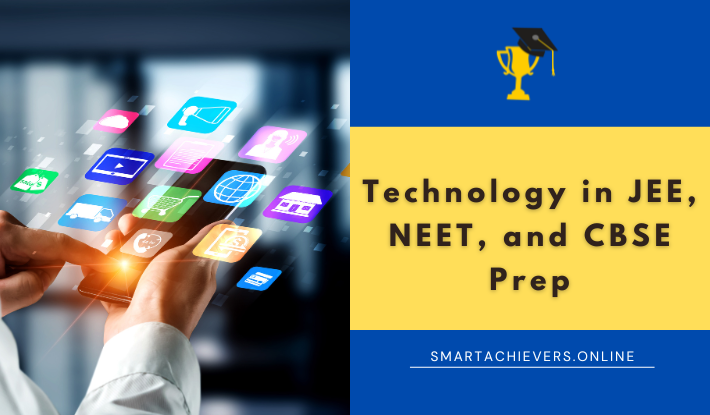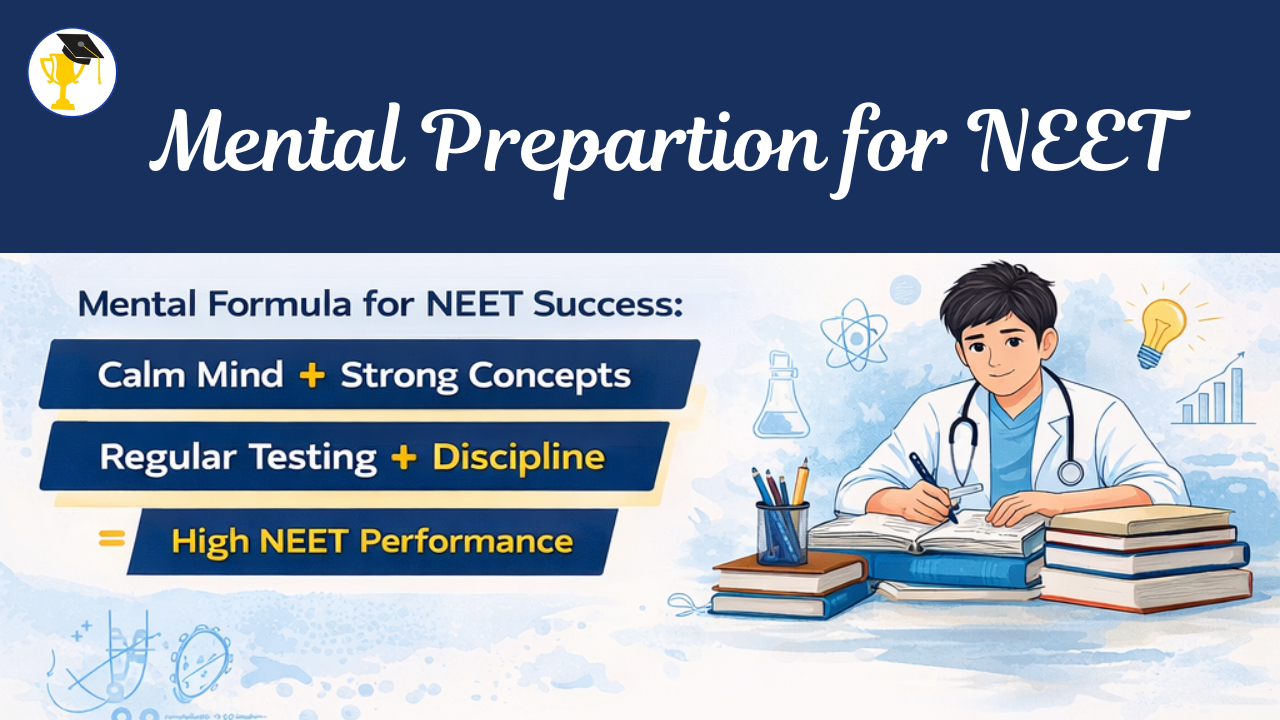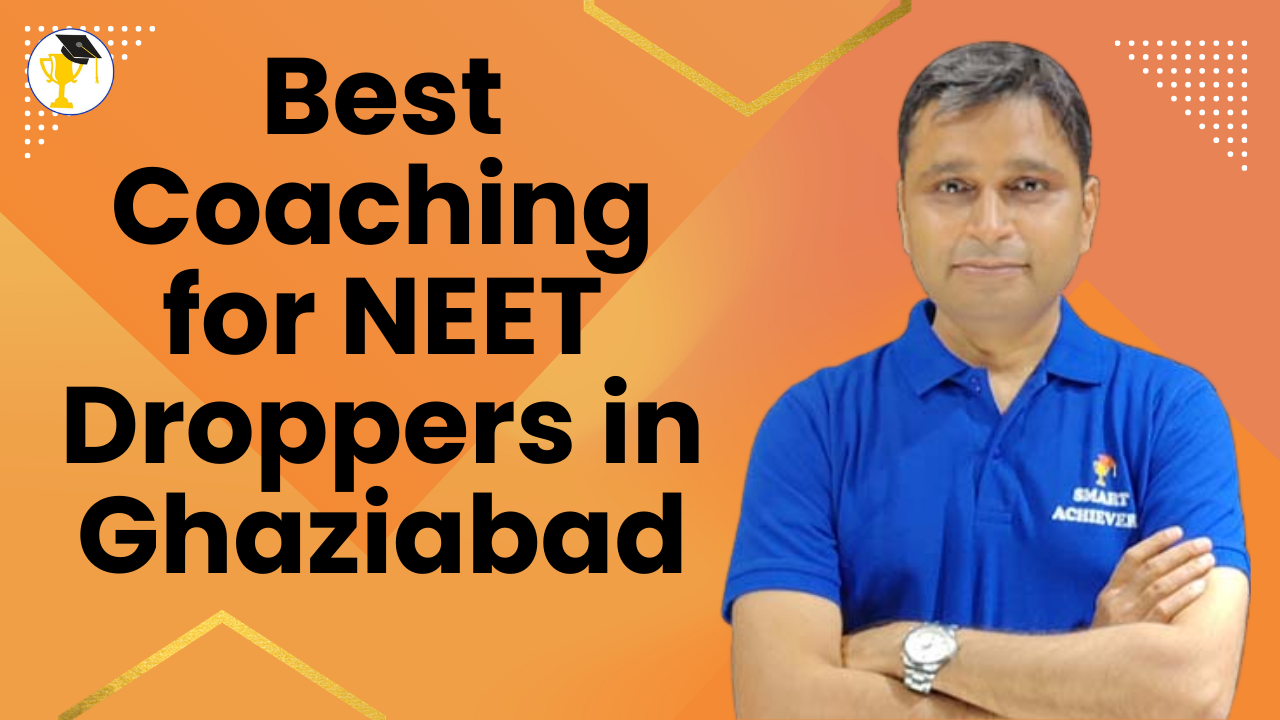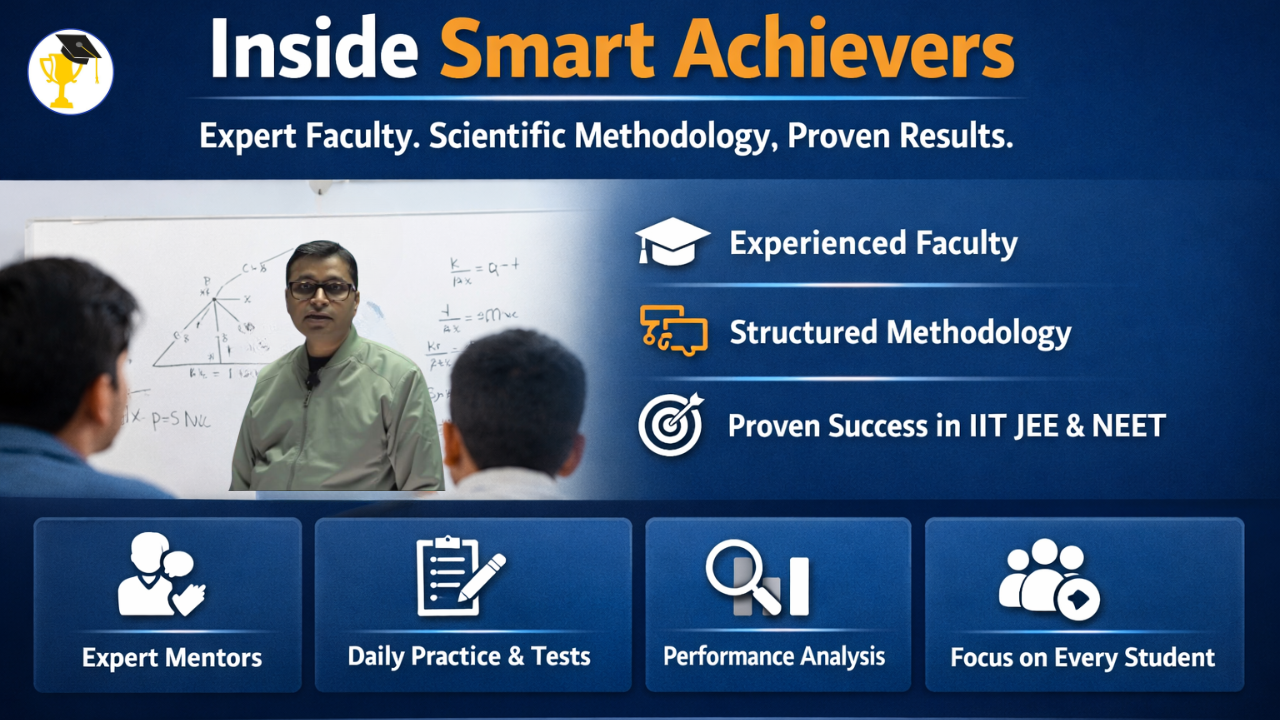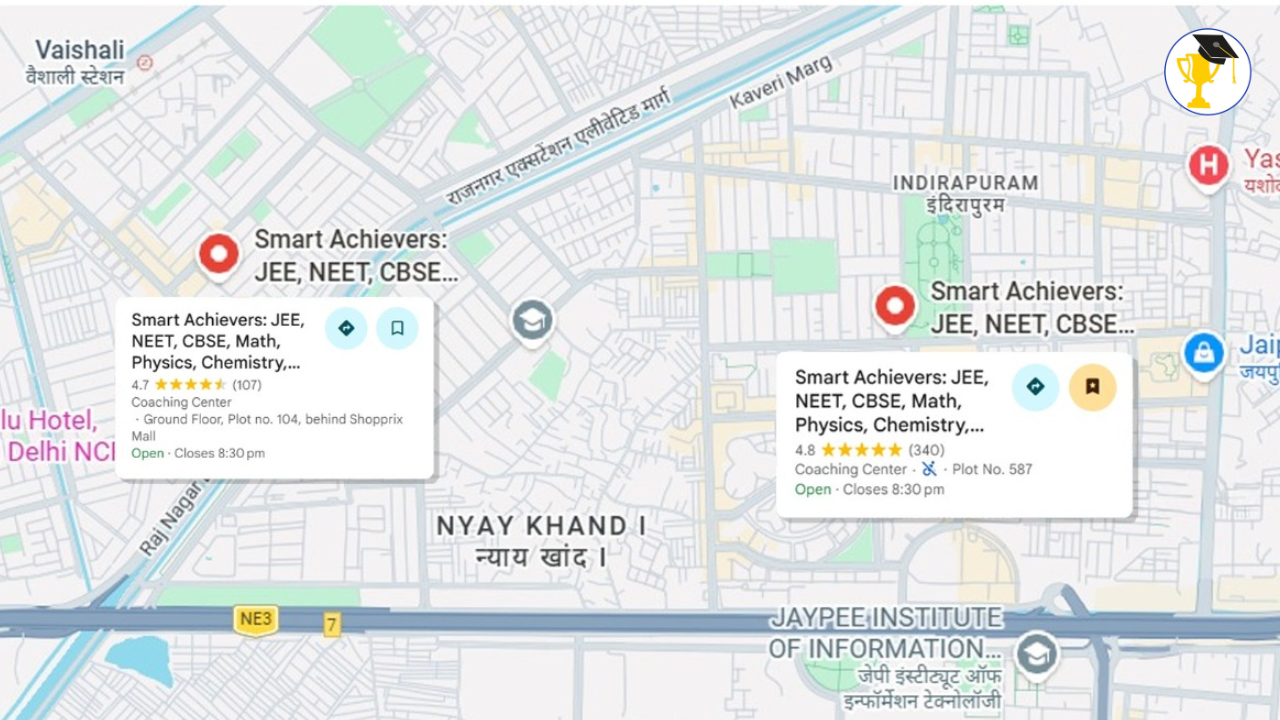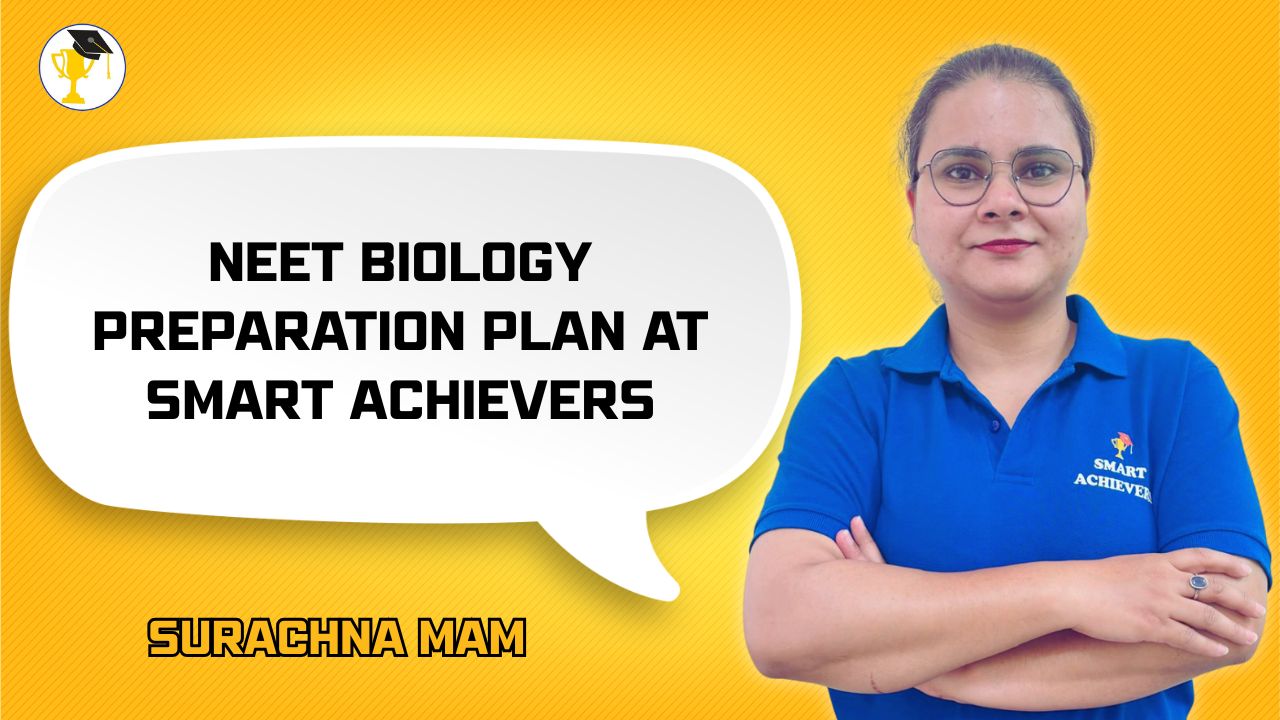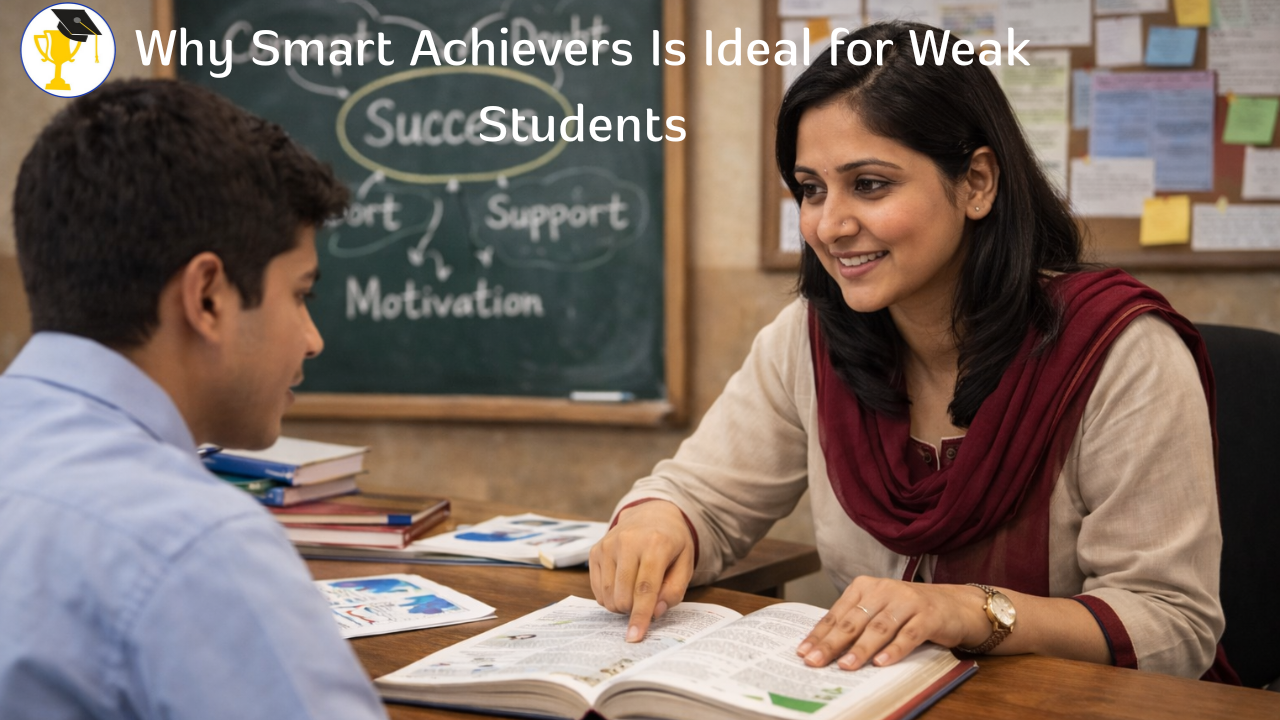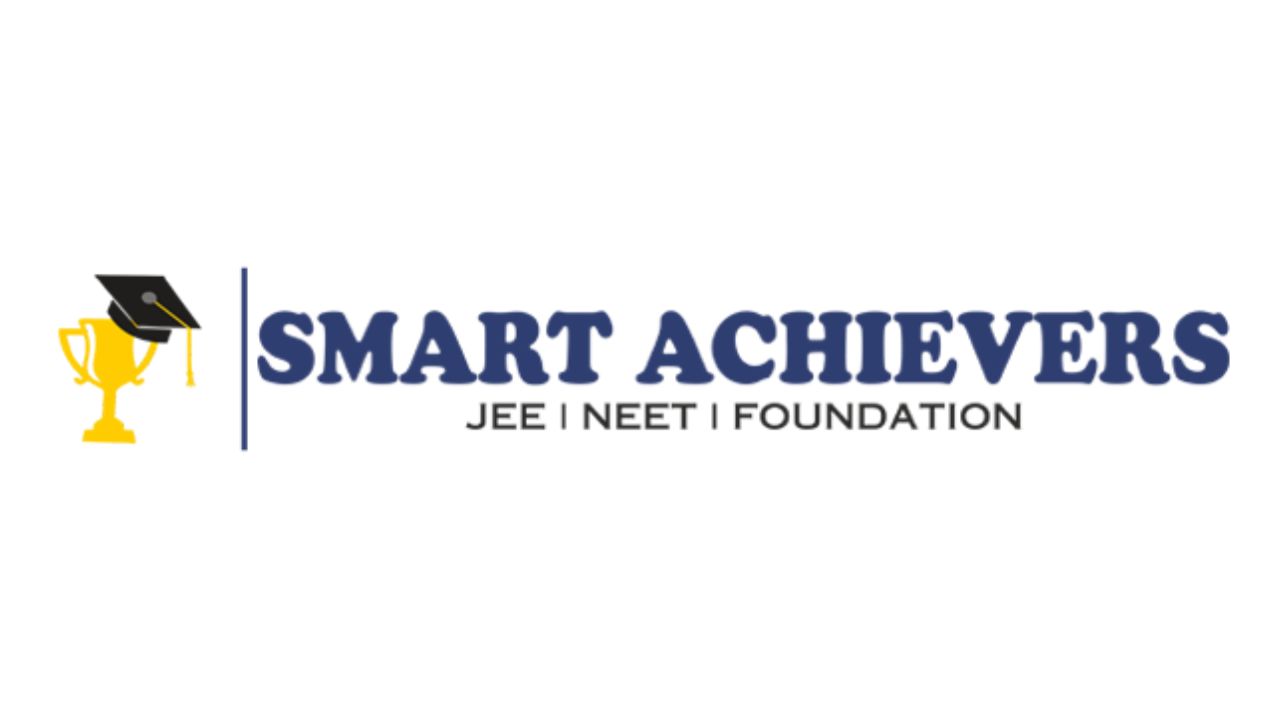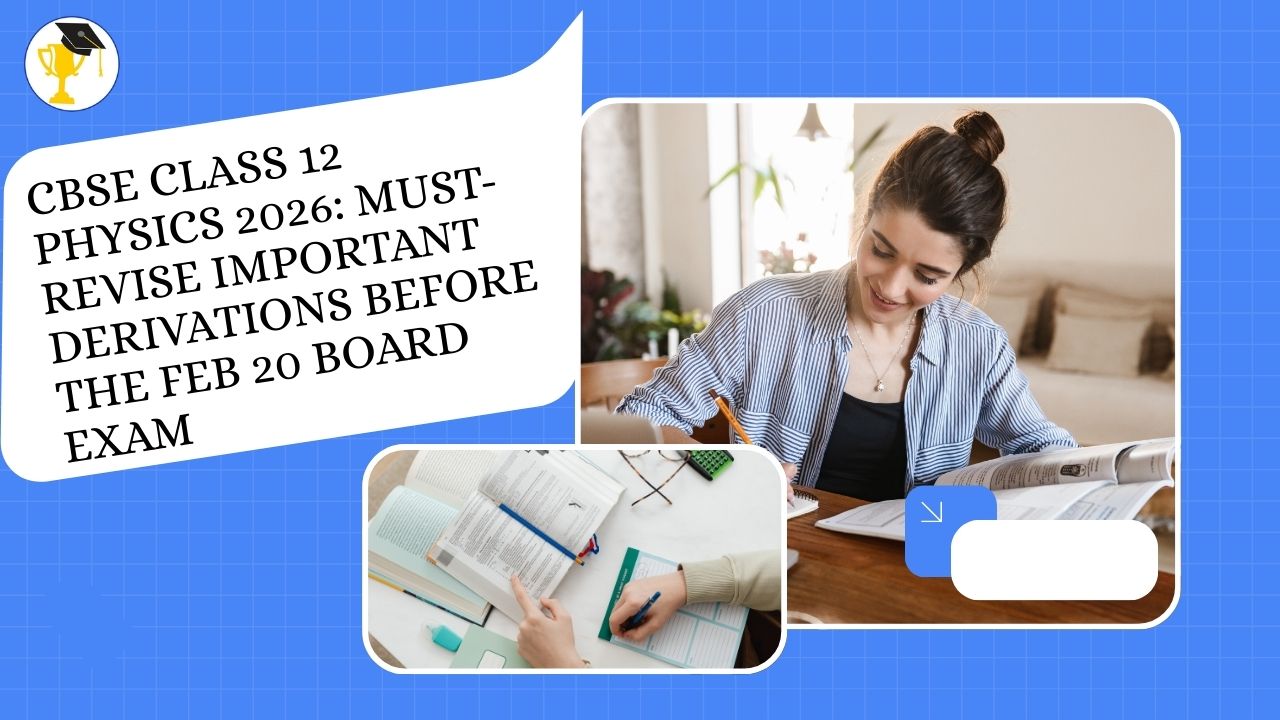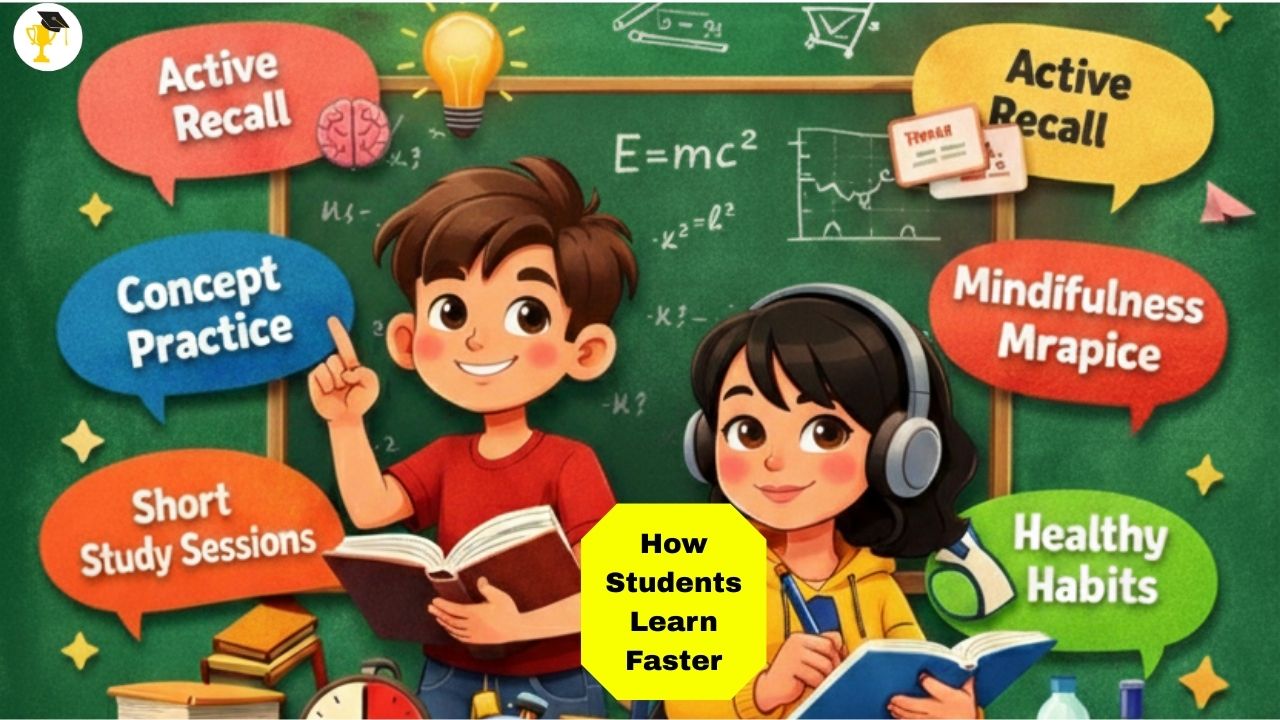The Role of Technology in JEE, NEET, and CBSE Exam Preparation
The rapid integration of technology in education has transformed how students prepare for competitive exams like JEE, NEET, and CBSE board exams. From online learning platforms for JEE/NEET to AI-powered learning tools, technology has made exam preparation more efficient, accessible, and personalized. This guide explores how technology is reshaping the learning journey and how students can make the most of it.
1. Access to Online Learning Platforms
Platforms like Byju’s, Unacademy, and Vedantu have revolutionized education by bringing classrooms to your fingertips. These online study resources offer:
Interactive Video Lectures: Simplified explanations for complex topics.
Live Classes: Real-time interaction with expert educators.
Recorded Sessions: Flexibility to learn at your own pace.
Doubt-Solving Forums: Instant answers from experts or fellow students.
Practice Questions: Extensive question banks to hone problem-solving skills.
These online learning platforms for JEE/NEET are ideal for self-paced learning while maintaining high-quality education.
2. Personalized Learning with AI
AI-powered learning tools adapt to individual learning styles and needs, making preparation smarter and more effective.
How AI Helps:
Adaptive Tests: Questions adjust dynamically based on performance.
Performance Analytics: Identify weak areas with detailed insights.
Custom Study Plans: Tailored schedules for focusing on high-priority topics.
Predictive Analysis: Estimate scores using trends from mock tests.
With personalized study plans for exams, AI ensures that every student follows an optimized learning path.

3. Online Mock Tests and Practice Papers
Mock tests simulate real exam environments, building confidence and improving time management skills.
Key Features:
Mock Tests for JEE/NEET: Full-length practice exams under timed conditions.
CBSE Exam Preparation Apps: Access sample papers for self-assessment.
Instant Feedback: Detailed explanations for each question.
Progress Tracking: Monitor performance over time to identify areas for improvement.
Regular practice with these tools ensures accuracy and exam readiness.
4. Mobile Apps for On-the-Go Learning
Mobile apps for students like Toppr, Doubtnut, and Meritnation make learning accessible anywhere, anytime.
Why Mobile Apps Are Useful:
Quick Revision: Access short notes and flashcards for last-minute prep.
Video Solutions: Step-by-step explanations for textbook problems.
Daily Quizzes: Bite-sized tests to maintain consistency.
Offline Access: Download resources to study without interruptions.
These apps are among the best apps for competitive exams, ensuring students always have study materials at their fingertips.
5. Virtual Reality (VR) and Gamification
Technologies like VR in exam preparation and gamification in education make learning more engaging and interactive.
JEE Main 2025 Chapter-Wise Weightage: Mathematics, Physics, and Chemistry Click Here
How It Works:
VR Simulations: Explore virtual labs for subjects like Physics and Chemistry.
Gamified Learning: Interactive games and leaderboards to boost motivation.
Immersive Tools: Use 3D models to visualize and understand concepts.
These innovations break the monotony of traditional study methods and improve comprehension.
6. Access to Global Resources
The internet offers a vast range of global resources for CBSE students and competitive exam aspirants.
What You Can Explore:
E-Books for JEE/NEET: Affordable or free digital study materials.
YouTube Tutorials: Expert-led video lessons for challenging topics.
MOOCs: Online courses from top institutions on platforms like Coursera or edX.
Specialized Websites: Dive deep into niche subjects with advanced resources.
These resources broaden learning horizons and provide diverse perspectives.
7. Time Management and Productivity Tools
Efficient time management is key to effective preparation. Technology provides time management tools for students that streamline study schedules.
Helpful Tools:
Pomodoro Timers: Apps like Focus Booster ensure productive study sessions.
Task Management: Use Trello or Notion to organize and track progress.
Distraction Blockers: Apps like Forest minimize interruptions.
Calendars with Reminders: Stay on top of deadlines and exam dates.
These productivity tools for students ensure optimal use of study hours.
8. Virtual Study Groups and Peer Learning
Virtual study groups enable collaborative learning by connecting students worldwide.
Why is NTA Rejecting Application Forms for JEE Main 2025? Avoid These Common Mistakes Click Here
How to Collaborate:
Study Groups: Use platforms like WhatsApp or Telegram for discussions.
Online Communities: Engage in academic exchanges on Quora or Reddit.
Collaborative Tools: Share notes and ideas using Google Docs.
Peer Reviews: Exchange mock test answers for constructive feedback.
Learning with peers fosters motivation and offers fresh perspectives on challenging topics.
9. AI-Powered Chatbots and Virtual Tutors
AI-driven tools like AI chatbots for students act as personal tutors available 24/7.
What They Offer:
Instant Doubt Resolution: Get immediate answers to questions.
Customized Explanations: Tailored responses based on individual learning needs.
Interactive Sessions: Simulated Q&A sessions to clarify concepts.
These tools ensure students stay on track without delays in learning.
Tips for Using Technology Effectively
Choose Reliable Platforms: Opt for trusted apps and websites with positive reviews.
Avoid Overdependence: Use technology as a supplement, not a replacement, for traditional learning.
Set Usage Limits: Allocate specific times for using online tools to prevent distractions.
Take Breaks: Avoid screen fatigue by incorporating regular offline breaks.
Track Progress: Use performance analytics to focus on weaker areas.
 STUDY MATERIALS
STUDY MATERIALS
 COURSES
COURSES
 MORE
MORE

